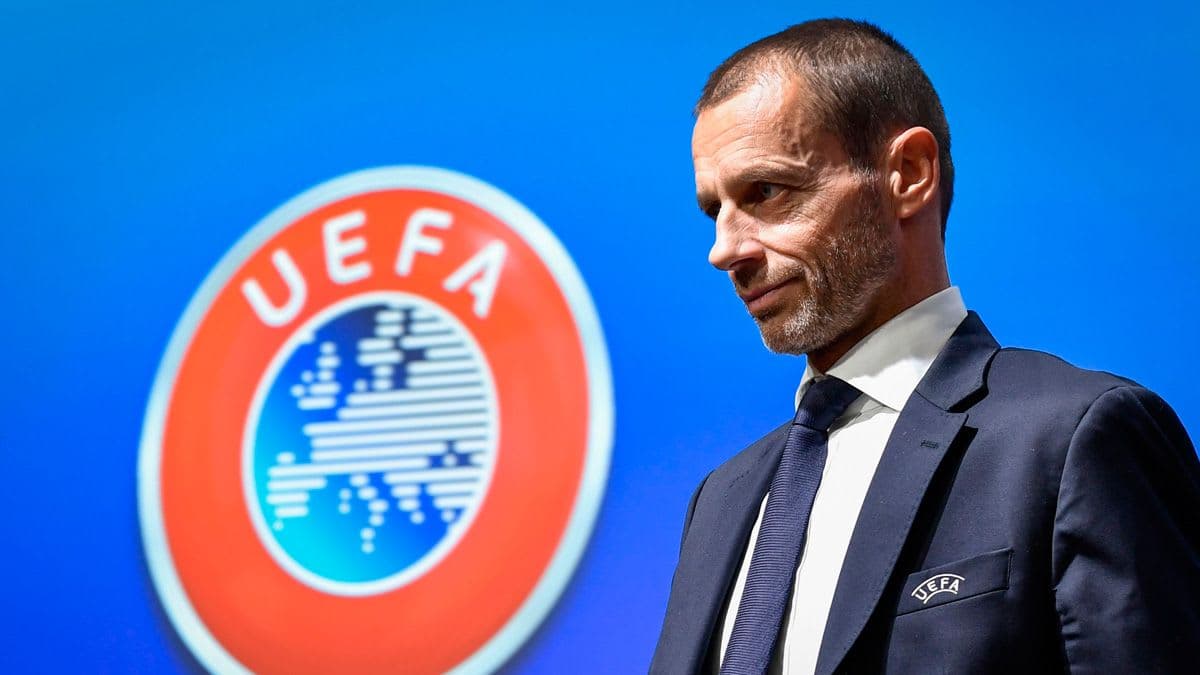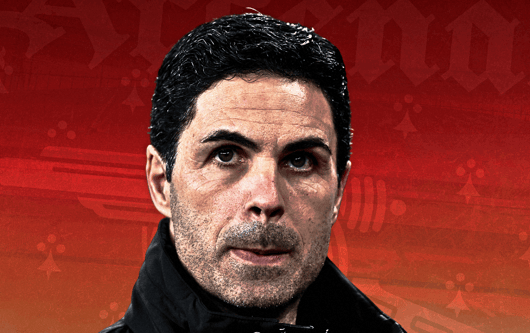-
News
- 41 minutes ago
UEFA hold all the power after Super League shambles

After two days of statements, counter-statements, meetings, calls and much, much plotting, the rebels have lost.
The Super League project is dead already, and the ramifications of what this means for the Founding Clubs’ respective futures both in domestic and European competition will take some time to be unravelled.
The Swiss Model: How the Champions League will look from 2024 onwards
But what is now abundantly clear is that UEFA hold all of the power in European football. They have saw off the attempted coup with conviction, weakening their biggest adversaries in the process.
The Swiss Model, announced on Monday by UEFA amidst the glorious farce of the Super League rhetoric, was created at the behest of the ‘Founding Clubs’, with changes they wanted to ramraid through before their abrupt defection.
But UEFA aren’t left holding the baby here. They have a competition that they may not have created given the first opportunity, but given the spectre of a Super League usurping their relevance is all but gone, they can go on the offensive, and they likely will.
Could UEFA alter the ‘Swiss Model’ Champions League?
President Aleksandr Ceferin made a pointed statement that the format could be subject to change. Therefore, UEFA have time, and space, to add in or walk back some of their suggestions, with a full three years before they actually have to action them.
Now it’s highly unlikely that the number of teams, or indeed the ‘one league’ format will be changed given UEFA’s claim that the changes received unanimous support from the remaining members.
But what could change much more easily is the method of qualifying for the competition.
As it stands, the remaining four places – the tournament is moving from 32 to 36 teams – will come from the following places:
- One will go to the club ranked third in the championship of the association in fifth position in the UEFA national association ranking. As is stands, this would be a place for Ligue 1.

- Another will be awarded to a domestic champion by extending from four to five the number of clubs qualifying via the so-called “Champions Path”.
- The final two places will go to clubs with the highest club coefficient over the last five years that have not qualified for the Champions League group stage, but have qualified either for the Champions League qualification phase, the Europa League or the Europa Conference League.
The last point is the one that’s most subject to change. This is a legacy, protection vote for failing big clubs, to ‘bail them out’ in the case of a season of failure. It is, in essence, against the very idea of fair competition.
It would be no surprise to see UEFA revisit this particular stipulation – given that it impacts no league or team specifically – and look to redistribute to legitimate domestic champions infinitely more deserving of the place. And they could do so with reprisal from Super League rebels, placed firmly back in their box by these events.



















